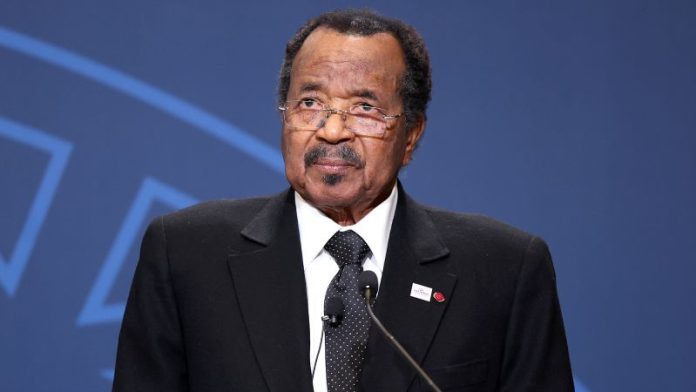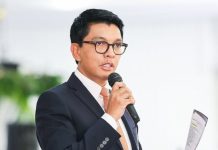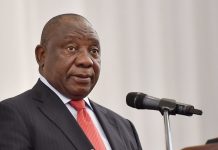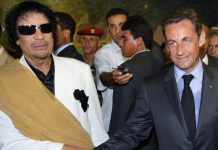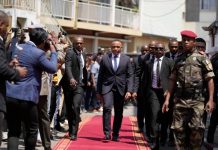
YAOUNDÉ, Cameroon — Cameroon’s Constitutional Council on Monday declared President Paul Biya the winner of the October 12 presidential election, extending his rule into a fifth decade and reaffirming his position as one of the world’s longest-serving leaders.
“Candidate Paul Biya is hereby declared elected President of the Republic, having obtained the majority of votes cast,”
announced Clément Atangana, head of the Constitutional Council, in Yaoundé.
Official results show Biya, 92, secured 53.66% of the vote, defeating his former ally turned challenger Issa Tchiroma Bakary, who garnered 35.19%. Voter turnout stood at 57.7%, according to the council.
Deadly Protests Erupt After Results
The declaration came just a day after violent clashes erupted in several cities over alleged electoral fraud.
In Douala, security forces reportedly opened fire on demonstrators, killing at least four people, local media reported.
In Garoua, opposition supporters also took to the streets. On social media, Tchiroma accused security forces of firing on civilians, claiming two deaths in his hometown.
“Shooting point-blank at your own brothers — I can’t help but wonder if you’re mercenaries,” Tchiroma wrote on X (formerly Twitter).
“Kill me if you want, but I will liberate this country by any means necessary.”
Authorities have yet to respond to the allegations. Human rights observers have condemned the government’s heavy-handed crackdown on protesters.
Disputed Victory and Election Irregularities
Tchiroma had declared victory days before the official announcement, citing tallies from his campaign. The ruling Cameroon People’s Democratic Movement (CPDM) dismissed his claims as “baseless and inflammatory.”
Civil society groups reported numerous irregularities, including:
-
Deceased names on voter rolls,
-
Unequal access to ballot papers, and
-
Instances of ballot box stuffing in some constituencies.
While the government said over 5,000 observers monitored the vote, a coalition of local NGOs said the process was “marred by systemic flaws.”
In contrast, the African Union observer mission described the election as “largely in line with international standards,” while noting logistical and transparency issues.
Biya’s Enduring Grip on Power
At 92, Paul Biya is the world’s oldest sitting head of state and has ruled Cameroon since 1982, following the resignation of founding president Ahmadou Ahidjo. His administration has been defined by a mix of political stability and authoritarian control, bolstered by constitutional amendments that abolished term limits.
Despite avoiding the coups that have rocked other African nations, Biya’s government faces mounting anger over corruption, economic stagnation, and the Anglophone conflict in the country’s northwest and southwest.
His frequent absences abroad, particularly in Switzerland, have fueled speculation about his health and the concentration of power among his inner circle.
A Nation at a Crossroads
Analysts say Biya’s latest victory reflects both his formidable political machinery and the fragmented state of the opposition.
“Paul Biya remains a master of political survival,” said a political scientist in Yaoundé. “But public patience is wearing thin — especially among younger Cameroonians who feel excluded from power and opportunity.”



